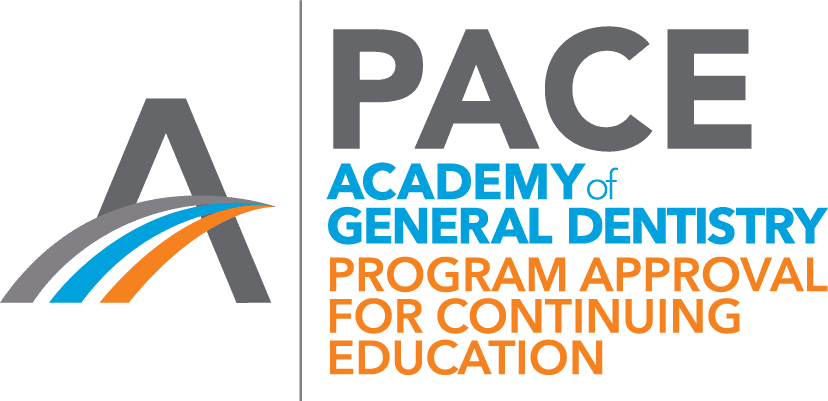The association between periodontal disease and systemic health is becoming increasingly clear and is the benchmark of innovative healthcare delivery. Periodontal disease is the most common chronic inflammatory disease known to mankind. Long running, ongoing chronic disease such as periodontal disease tips the body’s balance towards chronic inflammation. Are we still treating periodontal disease as an infection when leading authorities have redefined periodontitis as an inflammatory disease? The most current evidence-based clinical practice guideline on the non-surgical treatment of chronic periodontitis by means of scaling and root planing with or without adjuncts was published in July 2015 in the Journal of the American Dental Association (JADA). Upon evaluation of all evidence, the strongest recommendation involved addressing the inflammatory component of periodontal disease; specifically host response. Effective risk assessment and risk management are the cornerstone of patient centered treatment planning. Therapeutic interventions focused on bacterial reduction both chairside and self-care comprise the mechanical aspect of periodontal therapy. The host response, often recognized as an essential determinant, is not routinely addressed. Host modulation through a pharmaceutical approach is the missing link in today’s periodontal therapy programs and one of the most predictive components of therapeutic outcome.
Course Content






